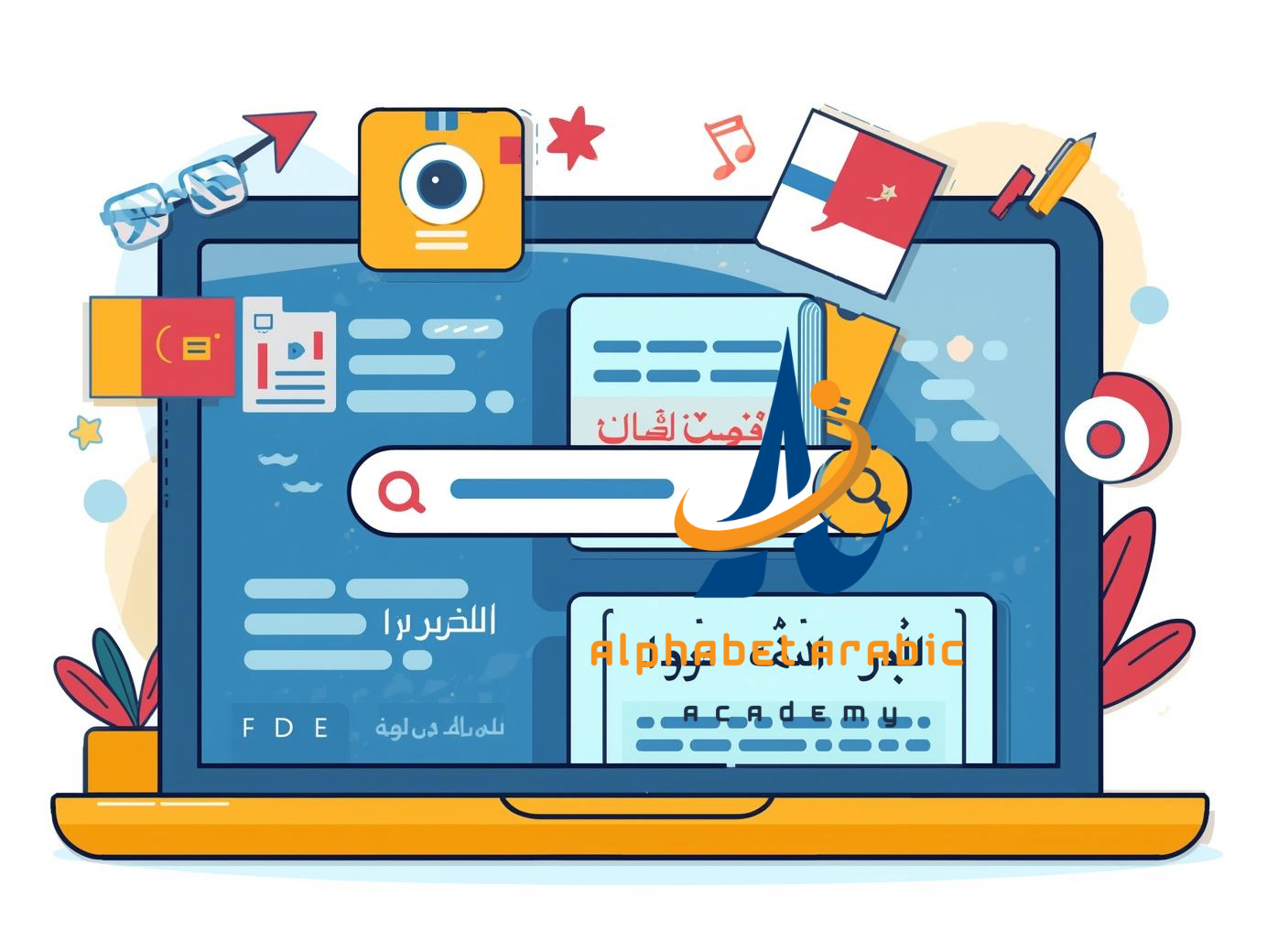Is Arabic Hard to Learn? Let’s Break the Myth!

Is Arabic Hard to Learn ? Arabic might seem challenging, but with the right approach, and with us it’s easier than you think! With structured lessons, interactive exercises, and expert guidance , you’ll master Arabic step by step—no stress, just progress! To find a new passion, explore our creative Arabic lessons for beginners.
🌟 Flexible learning | Engaging methods | Fast results
👉 Start your journey today! alphabetarabicacademy.com
Is Arabic Hard to Learn? important question for all
If you want to learn Arabic or are just getting started, this is likely one of the first questions you will have. I can’t blame you. In terms of difficulty,
Conquering the Arabic Language
If you’re considering learning Arabic, one of the first questions that likely pops into your mind is, “Is it difficult?” While Arabic is often perceived as a challenging language, it’s not as daunting as it might seem.
The Elephant in the Room: Egyptian Arabic vs. Standard Arabic
Let’s clear up a common misconception: Egyptian Arabic and Standard Arabic are not the same. Standard Arabic, also known as Modern Standard Arabic or Fus7a, is the formal language used in official settings, literature, and religious texts. Egyptian Arabic, on the other hand, is a widely spoken dialect with its own unique characteristics.
Why is Egyptian Arabic easier to learn?
- Everyday Language: Egyptian Arabic is more conversational and commonly used in daily life, making it easier to pick up and practice.
- Simpler Grammar: While Arabic grammar has its complexities, Egyptian Arabic tends to have a simpler structure compared to Standard Arabic.
- Pronunciation: While Arabic pronunciation can present challenges, Egyptian Arabic often has a more relaxed and forgiving pronunciation style.
learning Arabic can be a rewarding and fulfilling journey.
The Challenges of Learning Arabic
- Pronunciation: Arabic has unique sounds and pronunciations that may be unfamiliar to speakers of European languages.
- Writing System: The Arabic script can be intimidating, with its complex letter shapes and diacritics.
- Grammar: Arabic grammar has its own rules and structures that may differ from those of other languages.
Overcoming the Challenges
- Immersion: Surround yourself with Arabic as much as possible by listening to music, watching movies, or interacting with native speakers.
- Consistent Practice: Regular practice is key to mastering any language. Set aside time each day for reading, writing, speaking, and listening.
- Find a Good Resource: Utilize textbooks, online courses, or language exchange programs to guide your learning.
- Don’t Be Afraid to Make Mistakes: Learning a new language involves making mistakes. Embrace them as opportunities for growth and improvement.

